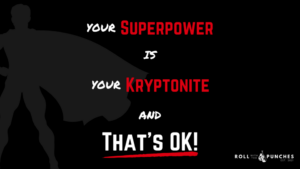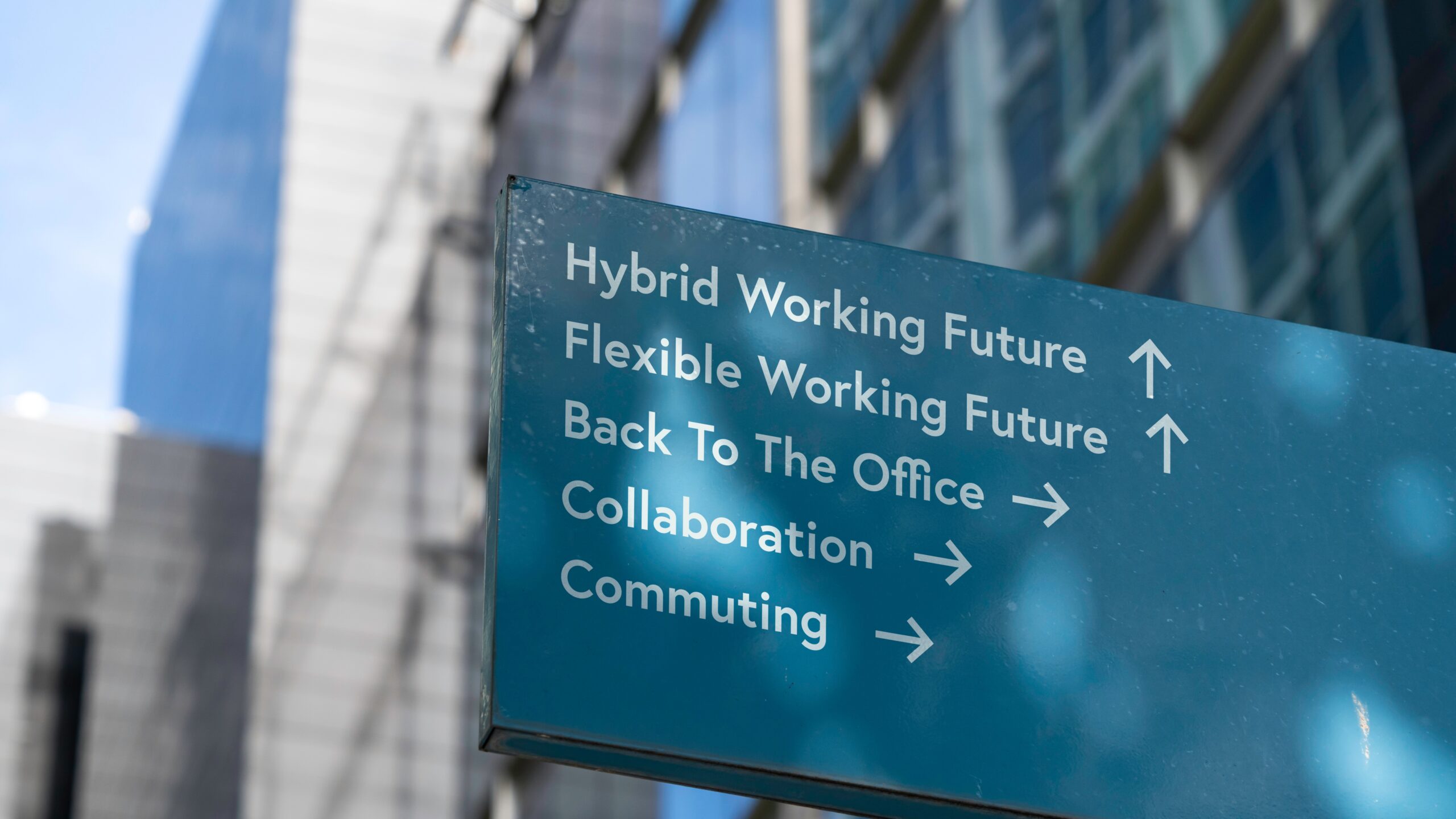The Greatest Lessons I’ve Learned

This year sparks my twentieth anniversary of entering the workforce. Twenty years of customer service, building schedules, creating teams, and so much more. In 1999 I started my retail career at Hannaford grocery store in Scotia, NY. At that time I was a 14 year old grocery bagger and a really naïve kid learning the ropes. Within a few weeks I was taught an incredible nugget of wisdom from Bill Chauvin, our Front End Manager. I was goofing off with the cashier, and our customer’s groceries were piling up at the bottom of the belt. Bill switched me mid-customer with another bagger, pulled me aside and said to me “Pete, when you come to work, COME TO WORK”. Wow. That hit me hard, and has stuck with me until this very day.
I was reflecting on this a few days ago and thought about some other great lessons I’ve learned in management over the years. Here are some of the best.
ALL YOU HAVE IS YOUR INTEGRITY
This is probably the most important lesson I’ve learned so far, and I was taught it by a good friend, mentor, and now peer Aimee Proctor. Years ago while starting my career in retail store management at Hollywood Video, my district manager was Aimee. She was (and frankly still is) one of the strongest and most organized leaders I’ve worked with. Aimee also has an incredible moral compass that is tied directly to this learning.
As a young leader I made many mis-steps. Although it’s something I regret, I am not ashamed to say that I lied to Aimee in order to appear more competent. Whether this be telling her that I completed an activity that was due in my store (only to complete it later that day or week) or saying I tried the tactic of sales that she had asked us to work on and never doing so.
I was naive then, thinking I could get away with it, but Aimee always knew. She built enough of a case, and took me to lunch to bring up my dishonesty. She was smooth, confident, and didn’t mince her words. She told me that my career would be short lived if I couldn’t tell my boss the truth. Eventually, she said, it would catch up to me. Aimee said “all you have in this world is your integrity, and once you lose it, you will never get it back”. She was SO right. Once that trust is lost, it is impossible to get it back.
THE SECRET IS IN THE DIRT
I still make this mistake. After repeating this mantra to both myself and my team for years, I still forget it when it comes to crunch time. I’m sure this came from a management book or a CEO at some major company, but I heard it while I was at PetSmart. Our store in Alpharetta, GA was selected to participate in a test to develop real time replenishment for our company. The new leadership at our company hired a consulting firm, Peppers and Rogers, to step in and build this initiative.
Running this test was exhausting. We brought in leaders from around the district to help with this twelve week test. Our task force would meet daily to discuss where we were at and where we needed to go from there. During one of these meetings, one of our team stated an opinion about which product would be the fastest to stock. The consultant stopped the conversation and said “the secret is in the dirt”. Huh? What does that mean? He went on to explain the saying. Farmers, he said, knew the best about their crops because they had their hands in the dirt. The closer you are to an issue, the more knowledge you have on it. Light bulb… YES!
This is so valuable to learn as a leader. So often we, as leaders, make decisions that never consider the opinions or ideas of the folks that are doing the work. They know best. Their hands are in the dirt. Sure, they may not see the big picture, but they can definitely highlight some things that would most assuredly gone unnoticed.
INTERVIEW WHEN YOU NEED PEOPLE THE LEAST
This is more of an operational training from my retail store management days, but I would say it translates pretty well to most companies. The brutal fact here is that it so easy to forget about interviewing and hiring when you feel fully staffed. I would relate this equally to building a pipeline of sales prospects. As a hiring manager, you need to be continuously building a pipeline of talent for your team.
The truth is that no matter how full you feel, you’re one bad week from being totally understaffed. Things happen and today’s culture is not focused on building longevity with a company. My recommendation is to schedule out interviewing blocks where you are reaching out to candidates, checking applications, and completing phone screens. I typically would put this on my calendar for two hours once a week.
I was recently doing a speaking engagement for some up and coming business leaders with the Community Farmers Market. Someone asked me if it is disingenuous to have job posts up if you aren’t actually hiring. Very good question, but something that I feel can excuse the need for the practice of continuous interviewing. First off, this practice is really dependent on your business. If your team is composed of three full timers that are career-level, I’d ignore this rule, but if you have one hundred part timers (or even ten), I would always be recruiting talent.
IF IT’S THEIR BAT AND BALL, IT’S THEIR RULES
One of my favorite bosses in my life was Pete Schneider, my District Manager at PetSmart for nearly a decade. Pete is a no-nonsense, cut through the B.S. kinda guy. I always respected that in him and I highly value people that will tell me like it is. This lesson was one of the first unwritten rules in business I desperately needed to learn.
I had always had a passion for writing great schedules. Finding the correct traffic patterns that best utilized my team to deliver exceptional customer service. I’ve always said that the key to customer service is a well-written schedule (there’s other keys I know). If you have X hours to spend, spend them wisely. So when Glenn Gulley, our district’s Labor Expert moved to another district Pete asked me to take the mantle. I accepted of course, went through the Kronos training in Phoenix, and started to take a deeper dive into the scheduling software.
Most corporate retail managers will tell you that systems are built for the masses for uniformity and ease of use. I felt I had a far better grip on the average manager using our scheduling software, and I could manipulate it to give my team far better results. During one store visit with Pete, we discussed Kronos. I let Pete know about some things that will be great to rollout to the district as I felt it would provide our teams with better customer service at a reduced labor expense. Pete challenged me over my take on the company’s plan. It led us down a long three hour rabbit hole that landed with the point that really clicked for me. Pete said “if it’s their bat and ball, you need to play by their rules”. This really hit home, and Pete was so right. My responsibility as a Store Manager wasn’t to interpret the company’s vision and perform how I saw fit, it was to execute their vision. It was their bat and ball, and they get the right to make the rules that we follow. Like it or hate it, that’s the way it is.
I’ve translated this learning over the years more to respect the vision of my leaders, challenge where appropriate, and provide feedback–but ultimately it is to execute the vision. Such a valuable lesson to learn in life.
WORK FOR A PERSON, NOT A COMPANY
I’ve seen this in some form or fashion on Linked In as a meme, but it is a great lesson to learn once you get in management. As I look back at all of my jobs, comparing the best and worst over the years I always look back at one thing: my direct manager. This person can be the person I aspire to be and learn from OR the person that I have no respect for. I’ve learned that the job isn’t really anything, it’s truly the boss. Over the years, I have changed so many colors of shirts. Red to black, then blue, then green, and so on. Retailers are so similar. They have advantages and disadvantages, but ultimately it is your boss that will make or break your time there. I have loyally worked at a company longer than I have wanted to due to a manager, and I have left companies earlier than I wanted because I hated my manager.
This lesson is hard when you apply it subjectively. Am I the kind of person that people will enjoy working for? When folks quit my team, is that because of me? The answer is tough to internalize, but it is yes. Perhaps not always, but in many cases, I have lost incredibly talented individuals because of yours truly. I add this lesson here because it so important in leadership to understand. In most cases, you are the reason your team leaves, not because of X, Y, or Z. Let that marinate for a little while.
So what to do? The golden rule is a great start. We all know it to be treat others as you would like to be treated. I feel there are only a few moments of time that make or break you in management. How will you respond? Parenting has taught me that responding with frustration and anger will not get you the results you need. When a manager needs time off, how do you respond? When someone has a death in the family, what do you do? Do you show interest in learning about your managers? These are all fractional moments in time, but they will build a case in your team’s minds.
People where I work call them Pete-isms, but they’re really just lessons that I’ve learned over my career. In every saying that I blurt out, there’s some great manager or leader that taught me it. Lessons that were learned over making mistakes, learning, and growing. Parting that same wisdom to others. My final thought is that you will never stop learning from those around you. When you get advice, listen and reflect.







